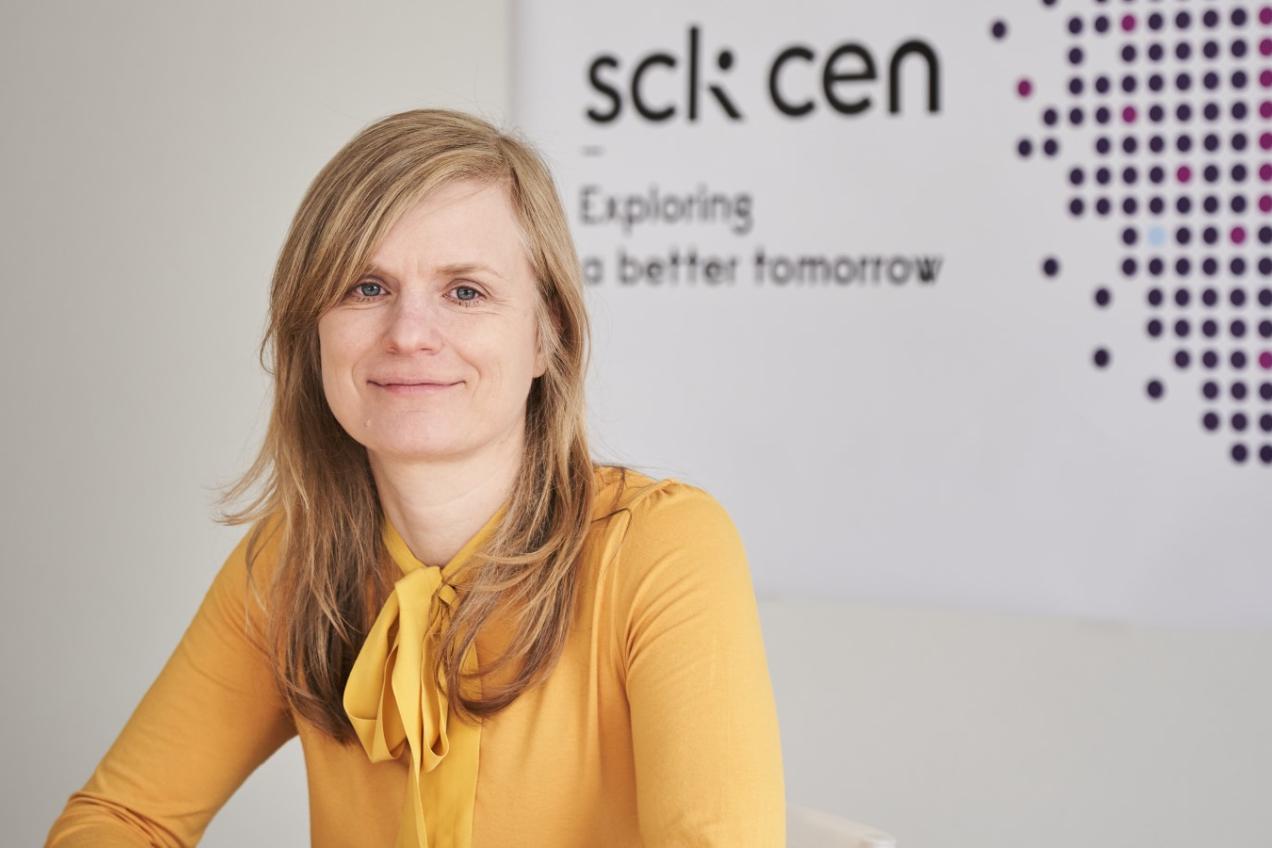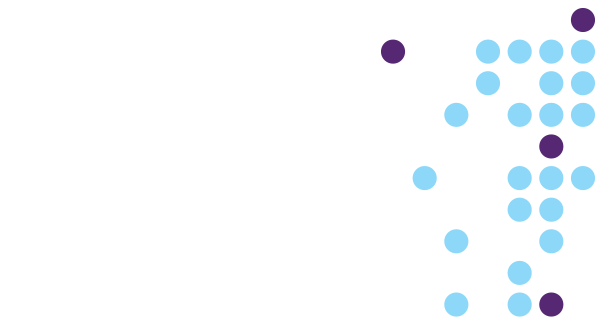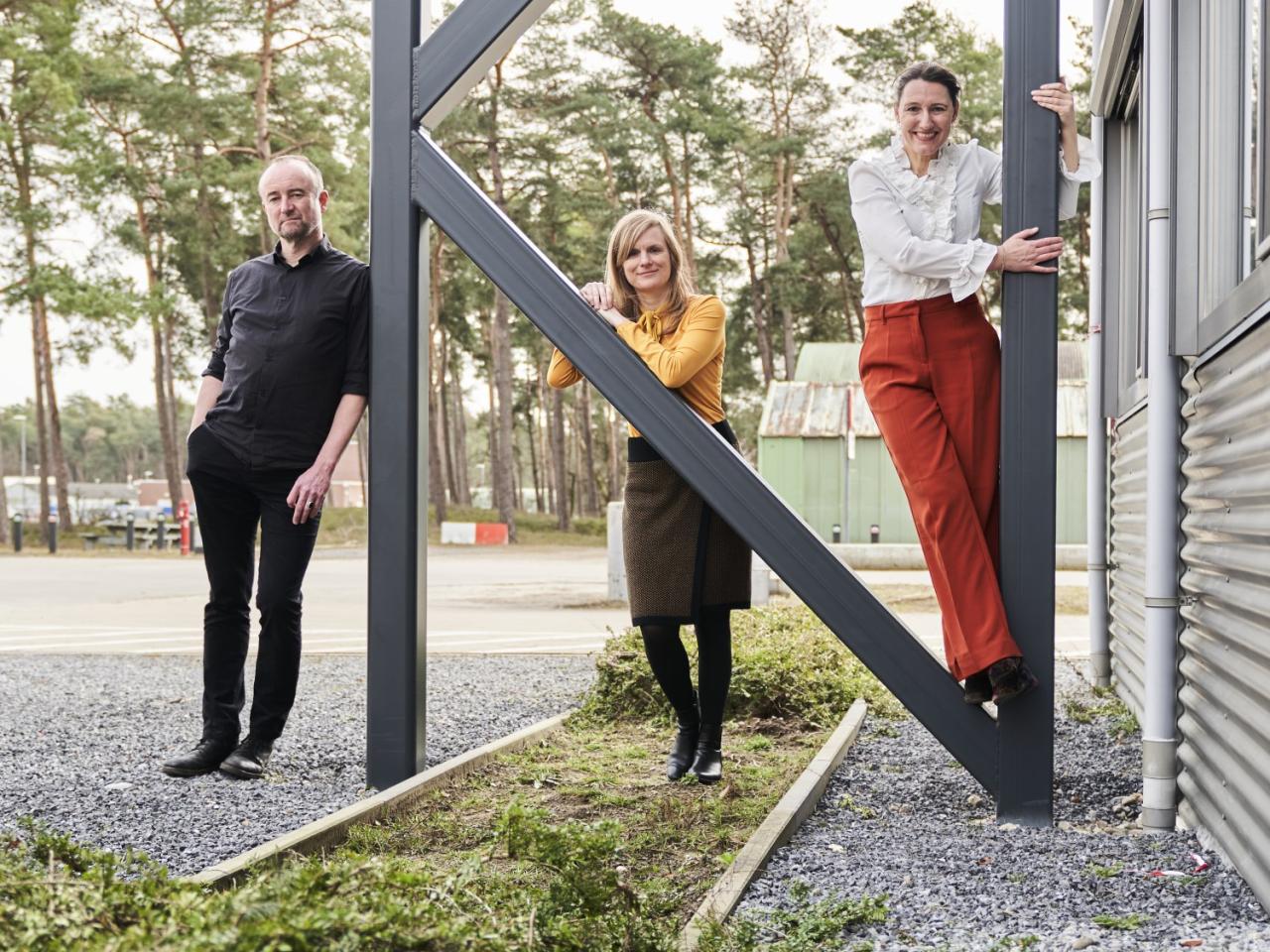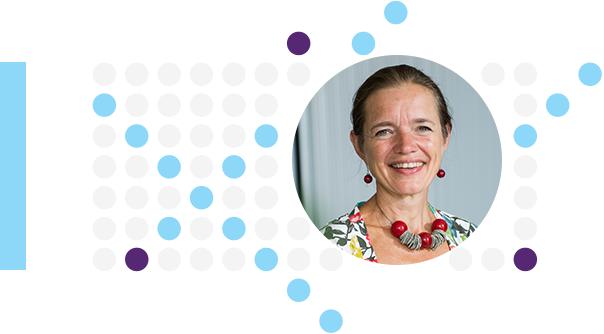SCK CEN adds a new dimension to nuclear research
Impactful science is shaped by, and for, people

The nuclear research centre SCK CEN is a pioneer in the integration of societal and ethical aspects in nuclear research. It set up its own research programme in this area in the 1990s. From this perspective as a pioneer, SCK CEN has successfully sparked the debate in Europe, and its efforts have been rewarded. From 2020 onwards, social sciences are becoming a focus for research into radiation protection. "By actively involving people from the start, we can increase the impact of research," says Catrinel Turcanu, Expert in Social Sciences at SCK CEN.

More than 30 project partners have joined forces over the past five years to guide future research on radiation protection in Europe. The H2020 project was named 'CONCERT' and came to an end last year, though that end rather marked the beginning of nuclear research with a new dimension. "Innovation is the work of people, and that's why scientists need to step into the shoes of their end-users. By doing this, they can tailor solutions to specific needs and expectations," says Tanja Perko, an expert in crisis communication and risk perception. As an illustration, an eye lens dosimeter that is uncomfortable will not be worn by a user.
The nuclear research centre has been aware for some time that there is added value in tailoring research to societal needs and concerns. SCK CEN has been integrating social and human sciences into its research for over twenty years, but it recognised CONCERT as the ideal pilot project to introduce this critical self-reflection at a European level. "It was a success," notes Catrinel Turcanu. "Social sciences will be one of the focal points in future research."
This is the only way we can close the gap between science and wider society.

Europe is therefore advocating greater integration of societal and ethical aspects in research on radiation protection – a recommendation that it also takes to heart. Four CONCERT-funded subprojects with a societal focus have already been completed, including CONFIDENCE. This extensive project identified uncertainties in crisis situations and discussed how those uncertainties can affect outlined contingency planning. "Policymakers base their policies on assumptions. Take, for example, a provincial governor publishing the provincial emergency plan and advising people to take shelter. It's safer to stay indoors, but how will people react if their children are still at school? Will they leave the children at school and stay indoors? Or do they drive straight over there to pick them up? In crisis situations, everyone is their own policymaker. Often, assumptions deviate from actual behaviour," says Catrinel. Understanding 'how' and 'why' people behave in specific situations can increase the effectiveness of policy measures. SCK CEN made a significant contribution towards these subprojects through social-scientific research.
Practicability and trust
In order to map this behaviour, and the factors that influence it, the project partners used every possible method. They analysed the content of media articles, organised a large-scale survey in three European countries, and observed eleven nuclear crisis drills. It emerged from this research that each individual goes through various stages of uncertainty. "In the first stage, we ask ourselves if we can trust the information that we are given. We find out further information and listen to the advice of the competent authority. Then comes the moment when we have to decide: do we follow that advice? Or not? If we want to follow the advice, is it practicable in that situation? Do I have iodine pills at home that I can take? Am I mobile enough to evacuate the building by myself? Policies that are easy to apply are more likely to be complied with. Finally, we evaluate whether the measure – for us personally – has had the desired effect. After this evaluation, the cycle starts again," Tanja Perko explains. Besides practicality, trust is one of the most influential factors. "We are more likely to follow the advice of official bodies that we trust."
Trend
The project partners formulated a set of practical recommendations to help policymakers to make the right assumptions and to assist actors in the field to ensure that an intervention does not run into societal barriers. "Thanks to CONCERT and its subprojects, we have taken a great leap forward. It is important that we continue to hold up a mirror to ourselves, keep the discussion open, and continue to encourage integration. This is the only way we can close the gap between science and wider society," concludes Catrinel.

Science-technology-society: an exciting triangle
As scientists, we first analyse previous studies to grasp the broad context, assess them with a critical eye and formulate objectives to fill the gaps. We engage in dialogue with peers, including during implementation and analysis. To increase the effectiveness of research, it is advisable to involve experts from other fields, as they offer a different perspective on the matter and enrich our understanding. The involvement of human and social scientists who can help us to understand societal needs and human behaviour is a prime example of this.
Hildegarde Vandenhove
Environment, Health and Safety
New approach streamlines decommissioning process
3D model maps radioactivity more accurately